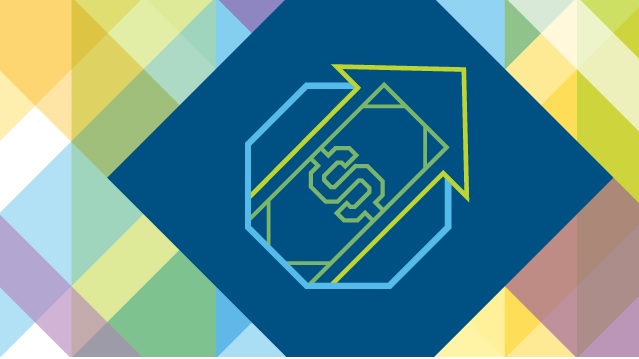 Eurodollars is money issued by the United States and can be deposited in banks outside of the United States
Eurodollars is money issued by the United States and can be deposited in banks outside of the United States
Keep reading below to find out what Eurodollars are.
 |
 |
What Are Eurodollars?
Essentially Eurodollars are U.S. dollars that are deposited in foreign banking institutions.
As stated before Eurodollar can be deposited in a bank outside of the United States. These banks can be located anywhere in the world, including in foreign branches of U.S. based financial institutions.
Eurodollar vs Euro Currency
Eurodollars can also be considered euro-currency because it is money issued by one country and deposited into an account in a different country.
Eurodollars only refer to currency from the U.S. that have been deposited in another country.
How Do Eurodollars Work?
Eurodollars work like any other deposit made in the local currency. What makes Eurodollars standout is where the money is deposited since it is generally for foreign exchanges.
Deposits to banks not in the United States are not subject to the U.S. Federal Reserve Bank’s guidelines and do not qualify for Federal Deposit Insurance Corp. insurance (FDIC).
The reduced restrictions attract many investors to Eurodollar accounts, and have spread all across the world. United States and European banks have branches offshore where they make transactions with Eurodollars.
What Is The Eurodollar Market?
Eurodollars also refer to Eurodollar securities that are common with banks, Firms and other financial institutes that buy and sell exchange-traded securities in order to guarantee current interest rates for money they want to use in the future.
Generally Eurodollar futures trades happen on the Chicago Mercantile Exchange (CME).
Eurodollar futures are tied to a time deposit with a three month maturity period. The value of these futures fluctuate in accoradnce with changes in interest rates and global political events.
Conclusion
Therefore Eurodollars serve an important role in the world’s economy, especially in the international capital market.
Additionally, If you are interested be sure to check out our list of bank bonuses, saving rates and CD rates!


